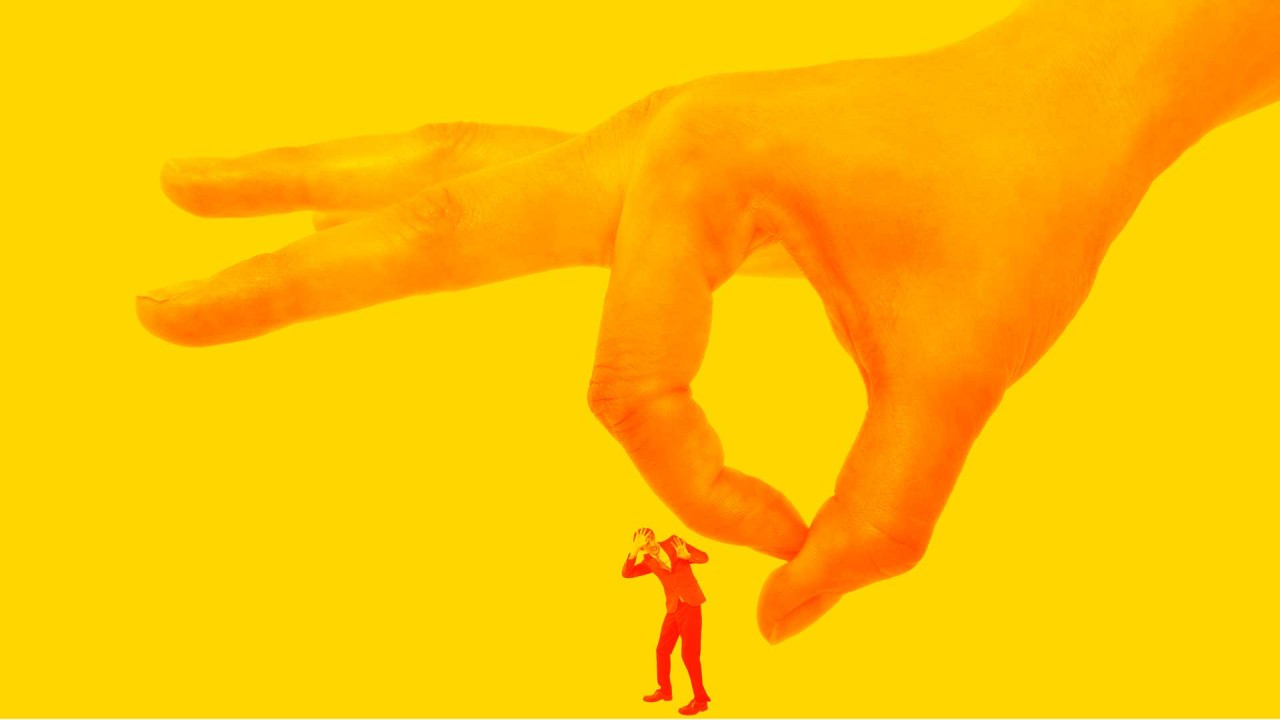.
Why vulnerability makes you a great leader
Why vulnerability makes you a great leader
Two months ago, my dad came to visit. It was the first time I’d seen him in a year and the first time I’d been able to hug him in 19 months. He’s 76 and lives in the Isle of Man. Which isn’t far geographically but might as well have been on the moon thanks to the island’s year-long elimination policy and then a last-minute change to open with no restrictions. This meant a massive rise in Covid cases and family members being infected. Thankfully with little harm.
My story isn’t unusual, thousands of people have been kept apart from loved ones. My plans to visit were further complicated because my dad’s health places him in a vulnerable category. I had booked a flight to the island in early August which had to be cancelled when a family member contracted Covid, and my personal circumstances meant it was too risky.
So, my dad took it upon himself to come to the UK by himself. He hadn’t travelled anywhere for over two years and hadn’t flown by himself for nearly three.
Sharing your worries and fears makes you human
When he arrived at Gatwick, he admitted that he had been frightened of the journey. Surely not. This was my dad. He’s my hero, there’s nothing he was frightened of. When I was younger, he had instilled this go-getting attitude in all his kids with the family mantra, I can and I will. I have a mug with these words on it – it’s my homage to Poppa mug.
But I can understand why he felt like this because Covid has made everyone’s world smaller. In the years before the pandemic, I travelled around the world with work and thought nothing of jumping on planes to China, Hong Kong, Delhi or Vietnam. But the first time I got on a suburban train into London last year I had the jitters. I felt really silly but hearing my dad express his own fear made mine okay too.
Many people are experiencing the same fears as things slowly return to some form of normality.
Leading with vulnerability helps others express their feelings and creates psychological safety
We need to understand that being frightened is okay. It’s a healthy emotion designed to protect us from danger. Even the most confident people - like my dad - get frightened. The key to managing fear is to recognise it and then weigh up the risks by:
- Understanding the situation
- Taking a balanced view on it and working out whether the risks are rational
- Exploring whether the action you’re scared of taking is worth the risks involved.
We see being frightened as negative, but it’s part of confidence and bravery. You must face fear in some way in order to be brave. Confidence is seen as a lack of fear or self-doubt. But it isn’t the absence of fear. It’s the belief that you’ll be okay despite your fear. In other words, confident people haven’t figured out how to eliminate fear — they’ve changed their relationship to it.
They see fear and uncertainty as uncomfortable but not dangerous. And as a result, they’re able to act alongside their fear instead of letting it stop them from doing stuff. Sharing your fears as a leader shows truly human leadership and helps others express theirs. It also normalises it and creates psychological safety as people see it’s okay to share emotions. When we share emotions, we often feel better.
Downgrade fear to bearable comfort by talking about it
Fear also lets you know you’re alive, so rather than try and avoid or hide it, make friends with it and talk about it. Just like my dad who set examples for us all. People who face fear are not heroes, by the way. They’re just ordinary people getting on with life. They’re scared too, but they’ve managed their fear and assessed the risks accordingly.
When you do that, you downgrade fear to bearable discomfort and as a result, you help others develop confidence. And suddenly the world becomes less daunting and more welcoming.
If you want some further support with developing your leadership skills, have a look at the resources on our free stuff page.
























